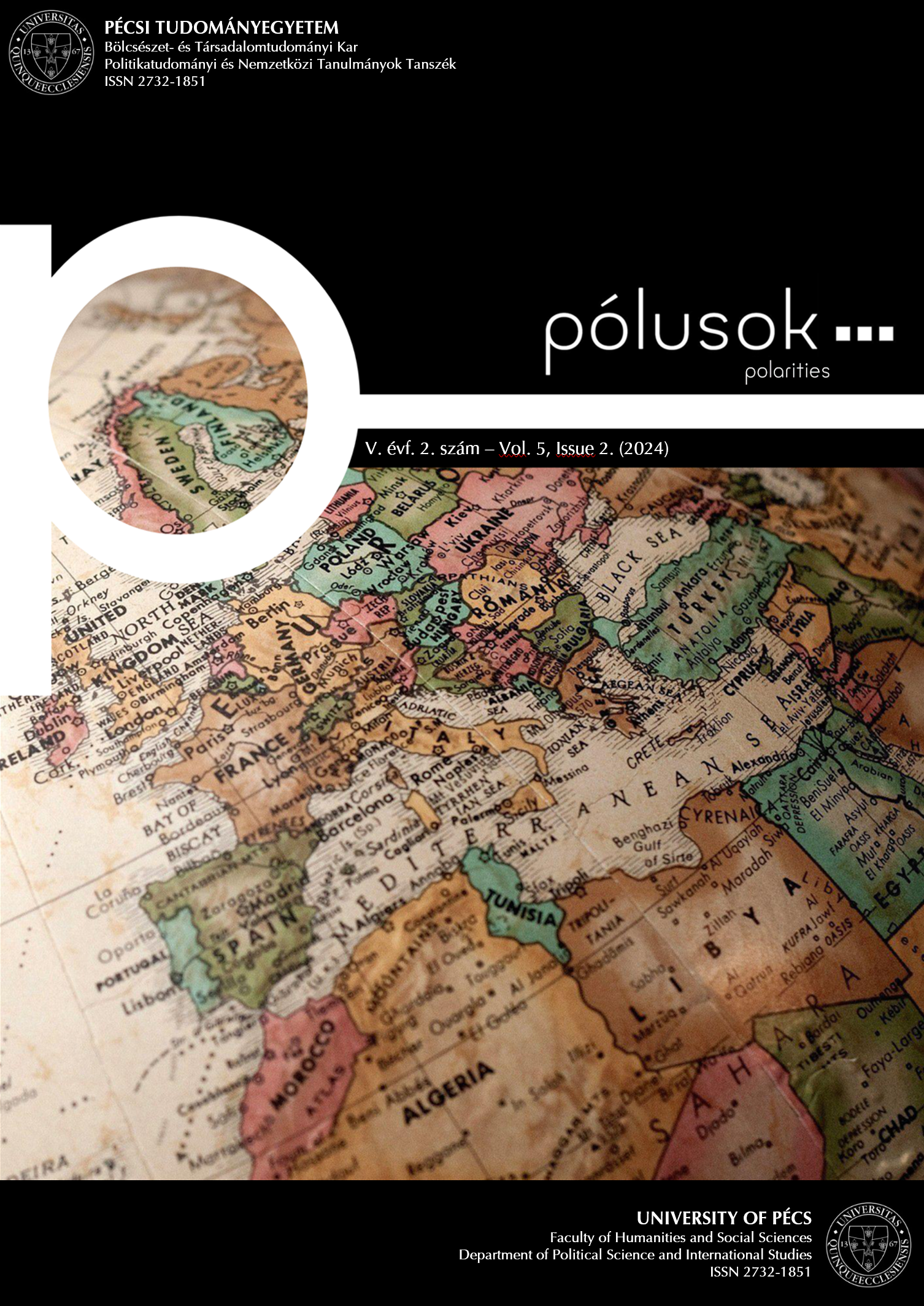A Political Reaction to a Military Defeat: the French State (1940-1944) and its Legacy
DOI:
https://doi.org/10.15170/PSK.2024.05.02.05Keywords:
France, World War II, Philippe Pétain, National Revolution, reformsAbstract
In 1940, the French army suffered a devastating defeat at the hands of the German armed forces. This unexpected event led to the formation of a new government under Marshal Philippe Pétain. The French government moved to Vichy, where the legislature granted Pétain extraordinary powers. He used these powers to collaborate with Nazi Germany in foreign policy and to implement the regime change known as the 'national revolution' in domestic policy. The new regime sought to create an authoritarian, anti-democratic, corporatist, rural-centric political order, which placed great emphasis on the cult of personality around Pétain, promoted anti-Semitism and sought to transform French society and the economy along conservative, right-wing lines. The radical nature of the political transformation of the Vichy regime ultimately failed, largely due to the evolution of the war. Nevertheless, many key aspects of the regime's policies continued to have a major impact on post-war France, and some of these are still in effect today. These reforms contributed to the political, economic and social modernisation of the country and therefore nuance the perception of the Vichy regime in the history of modern France.
Downloads
Published
How to Cite
Issue
Section
License

This work is licensed under a Creative Commons Attribution-NonCommercial-ShareAlike 4.0 International License.











